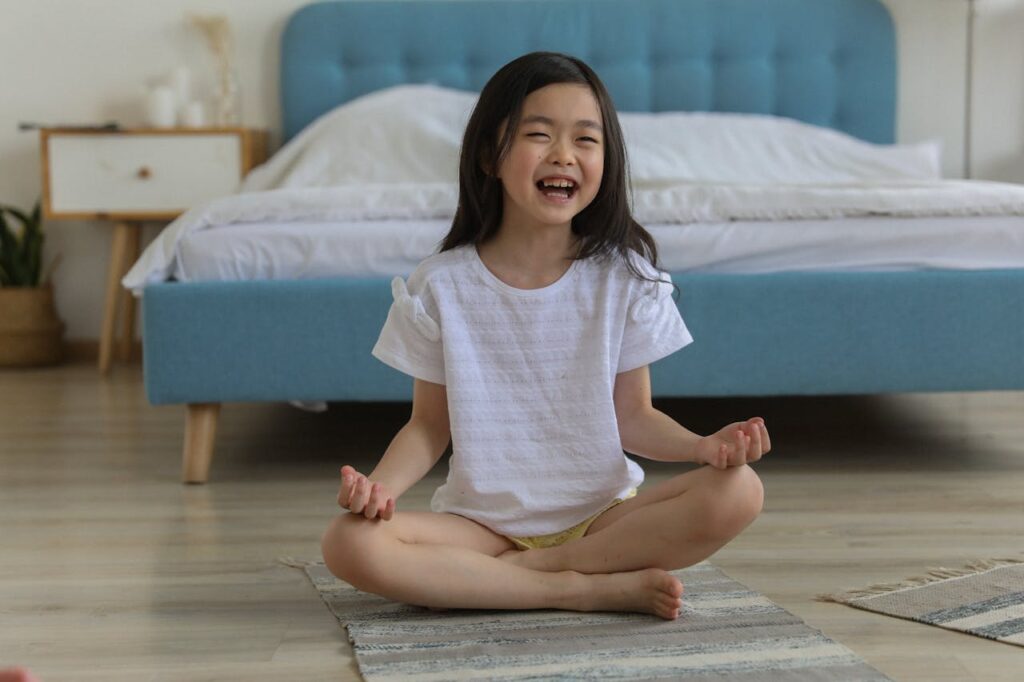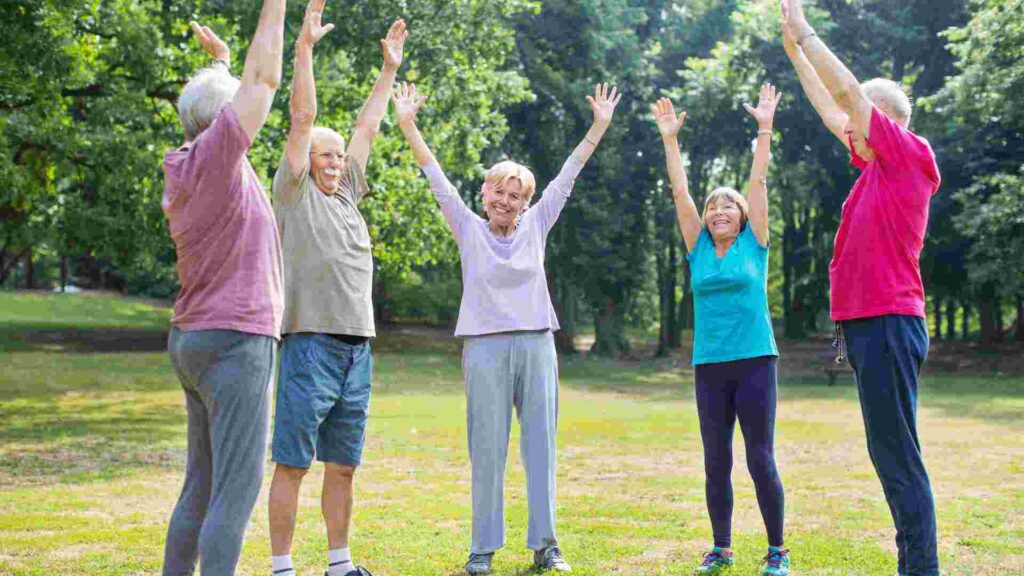Discover comprehensive information for all aspects of sexual health and find resources and guidance to empower your sexual well-being.
The underlying cause as well as the severity of pain determine the varied treatment approaches…
Discover comprehensive information for all aspects of sexual health and find resources and guidance to empower your sexual well-being.
The underlying cause as well as the severity of pain determine the varied treatment approaches…
Erectile dysfunction (ED) is a common condition that affects men of all ages, impacting their…
The International Society for the Study of Women’s Sexual Health describes Hypoactive sexual desire disorder…
Painful erections never indicate normalcy, and sometimes signal a medical emergency. Severe pain may necessitate…
Erectile dysfunction (ED) is a condition that affects many men worldwide, leading to significant stress,…
Feeling nervous about sexual performance, known as Sexual Performance Anxiety (SPA), is pretty common. But…
Commitment issues can often manifest in romantic relationships, work, and other personal or professional spheres.…
Laughter is a natural response to a humorous stimulus or a pleasant emotion. Genuine laughter has been proven to have positive psychological and physical effects on us. Hence, researchers wondered whether fake or simulated laughter also has the potential to improve mental health. One of the exercises that is used to study these effects is laughter yoga.
Laughter Yoga is a complementary therapy used to enhance the health and well-being of ordinary people and patients with chronic illnesses.
Table of Contents
Toggle
Laughter Yoga (LY), a simulated laughter exercise was developed by Dr. Madan Kataria in 1995. It consists of group-based laughter exercises involving simulated ( i.e., laughter that is not triggered by jokes or comedy) laughter, gentle stretching, rhythmic breathing, and meditation.
LY is done in groups because the experience of laughing in a group environment provides more positive emotions and helps people improve their communication skills.
LY is an accessible, effective, and low-cost approach for improving mental well-being and quality of life.
The therapeutic effects of LY occur through similar body systems as traditional yoga and genuine laughter.

The possible mechanism of the beneficial effect of laughter yoga group sessions is thought to be due to the effect on the neurological, endocrine, and immune systems of the body. Benefits of LY include:
Laughter yoga reduces stress hormone levels by combining unprovoked laughter, yoga breathing, and stretching techniques for stress relief. It releases a rush of stress-busting hormones, like epinephrine and dopamine.
Studies reported that stress significantly decreased in LY participants immediately after one session. Stress reduction was also found in cancer patients who took LY therapy. A randomized control trial with gynecological cancer patients found that LY has a beneficial effect on stress, depression, and functional well-being.
It can also reduce the stress of cancer patients before undergoing chemotherapy.

LY promotes emotional regulation by causing the release of endorphins.
Some studies show a significant decrease in depressive symptoms following Laughter Yoga sessions. However, the results were inconsistent.
As per studies, anxiety might reduce after 1 month of LY therapy. But, the reduction may or may not be significant.

It has been reported that laughter can reduce the release of serum cortisol (stress hormone) and stimulate the brain to think positively.
In two studies people reported significant enhancement in mood following LY sessions.
LY improved the sleep quality of individuals who have undergone fecal ostomies, a surgical procedure diverting a portion of the bowel through an opening in the abdomen (known as a stoma) to allow waste to exit the body.
It has also been shown to reduce the symptoms of fatigue, pain, and sleep disturbance in cancer patients.
As shown by another study, LY had elevated sleep quality scores in patients with Parkinson’s disease.
Doctors administer powerful drugs in chemotherapy to stop cancer cells from growing and spreading. They use it to treat many types of cancer. The main side effects are nausea and vomiting.
Medications can reduce nausea and vomiting, but they do not eliminate it completely.
Stress and anxiety increase chemotherapy-induced nausea and vomiting. Hence, LY, used as a complementary therapy reduces these symptoms.
Related: Psychological benefits of Tai Chi
Compared with yoga, laughter yoga is a new form of aerobic exercise that incorporates the practice of simulated laughter. It is a strategy to reduce psychological stress levels to improve the quality of life. Further research will help us understand the long-term effects of LY therapy.
References
Dr. Nishtha, a medical doctor holding both an MBBS and an MD in Biochemistry, possesses a profound passion for nutrition and wellness. Her personal journey, marked by significant struggles with physical and mental health, has endowed her with a unique empathy and insight into the challenges countless individuals face. Driven by her own experiences, she leverages her background to offer practical, evidence-backed guidance, empowering others on their paths to achieving holistic well-being. Dr. Nishtha truly believes in the interconnectedness of the mind and body. She emphasizes the significance of understanding this connection as a crucial stride toward attaining balance and happiness in life.

